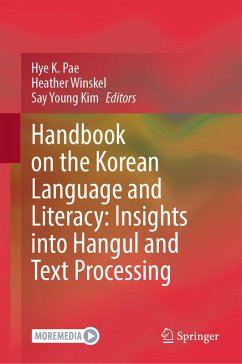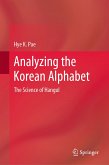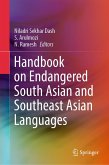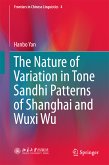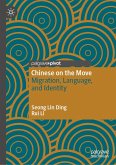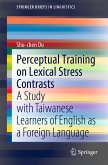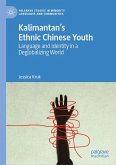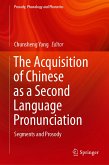The state-of-the-art reflections on the Korean language, its alphabet, and its processing are organized into five parts, including (1) spoken language and written language, (2) processing at the lexical level, (3) processing at the sentential level, (4) acquisition of Korean as L1 and L2, and (5) future directions in theory, methodology, pedagogy, and more. The volume is written by leading Korean and non-Korean specialists in relevant fields across the world. It discusses Hangul-specific theories, script-specific empirical evidence, and syllable-based pedagogical practices. With the current Korean cultural wave (a.k.a., Hallyu; e.g., K-pop, K-dramas, K-movies, etc.) spreading across the world, this Handbook is timely and serves as a signpost to future research and practice. This collection of chapters serves as an authoritative vade mecum, offering scientifically grounded discussions on the complex mechanisms involved in reading and text processing while remaining accessible to students, researchers, practitioners, and policymakers.
Dieser Download kann aus rechtlichen Gründen nur mit Rechnungsadresse in A, B, BG, CY, CZ, D, DK, EW, E, FIN, F, GR, HR, H, IRL, I, LT, L, LR, M, NL, PL, P, R, S, SLO, SK ausgeliefert werden.

